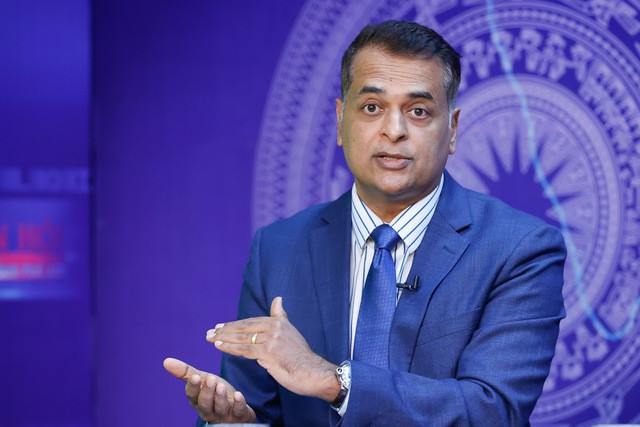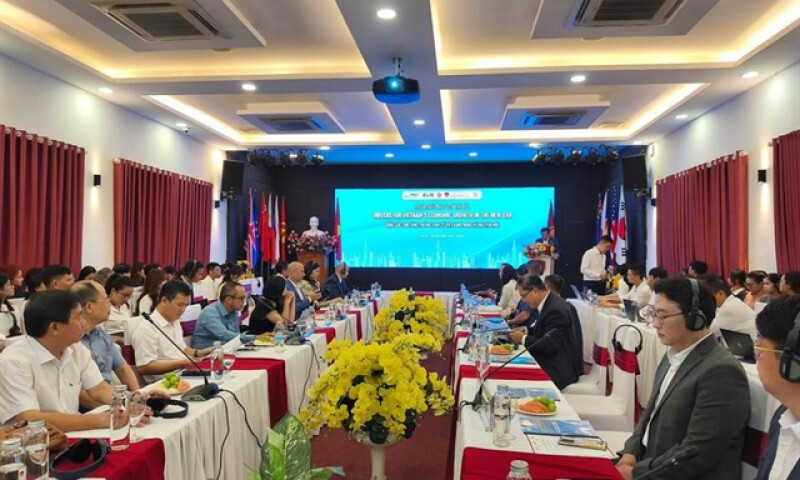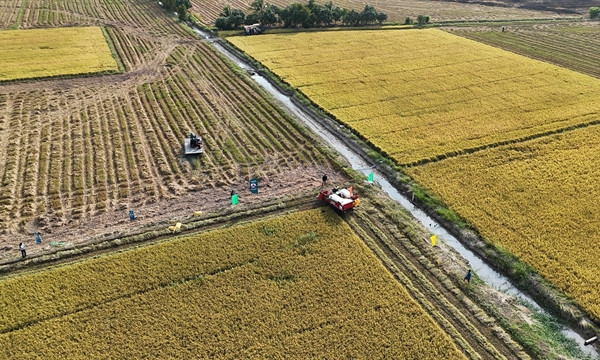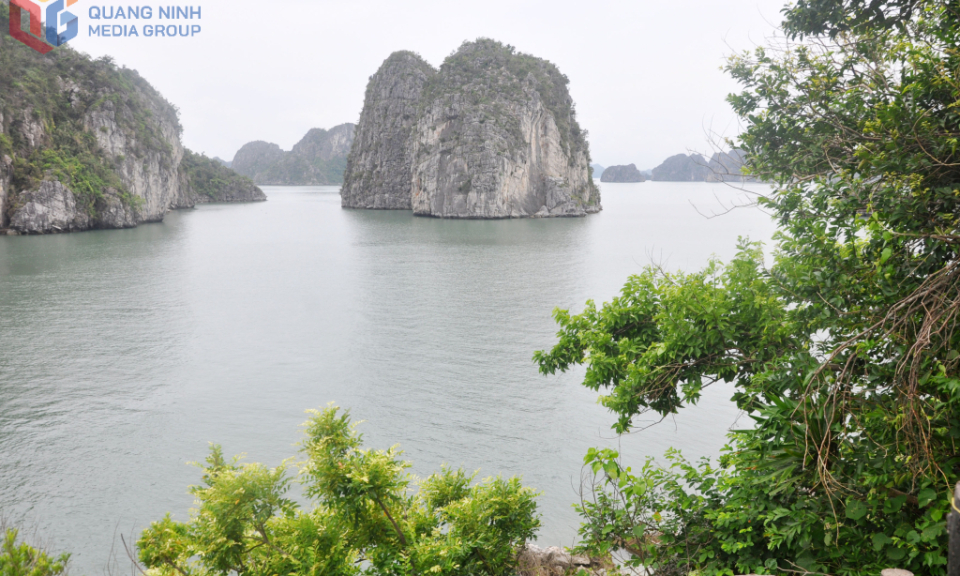Green growth opens up opportunities for businesses to grow and contribute to social progress
Green growth process in Viet Nam has opened up various development and cooperation opportunities for domestic and foreign-invested enterprises.
As green growth has been a global trend and inevitable choice for all countries, the Government of Viet Nam has urged ministries and localities to double efforts to boost green growth and realize Viet Nam's commitment to achieving net-zero emissions by 2050, according to Le Viet Anh, Director-General of the Department of Science, Education, Natural Resources and Environment under the Ministry of Planning and Investment.
The Government adopted a National Strategy for Green Growth for 2021-2030, vision towards 2050 and a National Action Plan for Green Growth for 2021-2030, said Le during a talk on green growth held by the Viet Nam Government Portal on November 28.
The aforesaid National Action Plan envisages a series of tasks and solutions for relevant stakeholders to join green growth, including business community.
Specifically, enterprises shall be entitled to enjoy preferential policies, including financial and non-financial incentives which have been included in the Government's Decree and regulations promulgated by relevant ministries and agencies.
Financial incentives cover financial access, interest rates and cost-related matters while non-financial incentives mean enterprises with commitment to green growth shall be considered to enjoy fast-track approval process for investment projects.
Le said the legal framework for green growth has become increasingly clear and transparent, making it more convenient for enterprises to understand and apply in production and business activities.
In the time to come, the Ministry of Planning and Investment will issue a national green system to identify which enterprises and projects would be subject to preferential policies and mechanisms on green growth, shared Le.
These preferential policies and mechanisms are being developed and will be put on trial first, said Le, adding that the business community should actively join the process of designing these policies and mechanisms to make them perfect and feasible.
Quach Quang Dong, Vice Director-General of the Department of Energy Savings and Sustainable Development called on Vietnamese enterprises to innovate thinking and business strategies to adapt themselves to green growth and sustainable development in the context that Viet Nam has joined a range of free trade agreements which feature high commitments to environmental protection and green growth.
In a bid to support enterprises' efforts in transition to green and sustainable growth, the Government has introduced a series of programs to provide direct assistance to enterprises in terms of energy saving, sustainable production, effective use of materials.
Quach also called on the business community to make more active and consistent efforts toward green and sustainable growth, devise long-term development strategies, and team up with the Government in advancing green growth.
At the talk, Binu Jacob, Managing Director of Nestlé Viet Nam, shared his company's initiatives that would help promote green growth and sustainable development in Viet Nam.
Nestlé has placed sustainable development at the top of its priority list, said Binu, adding that all six factories in Viet Nam (two in Hung Yen province, three in Dong Nai province, and one in Long An province) always uphold sustainability in the entire value chain.
These factories shall have to ensure sustainable sources of raw materials. For example, Nestlé commits to ensuring that the coffee Nestlé purchases from producers in Viet Nam is high quality coffee that is produced sustainably.
Nestlé has supported more than 21,000 coffee farmers to switch to regenerative farming methods which has helped reduce the use of chemical fertilizers and pesticides by 20 percent and irrigation water by 60 percent, shared Binu.
Nestlé also adopted measures to save water usage in all of its factories. Over the last three years, Nestlé has been one of the few companies in Viet Nam to receive Water Stewardship certification for water-saving solutions. Now Nestlé can be able to recycle 100 percent of water it uses.
In addition, Nestlé has committed to developing sustainable packaging in a bid to promote circular economy. Currently, nearly 95 percent of Nestlé's packing has been designed to be recyclable.
Another initiative is that Nestlé has applied efficient energy solutions such as renewable energy, biomass energy, heat recovery solutions among others to promote sustainability, one of the company's core values.
Nestlé has also coordinated closely with Government agencies and relevant Provincial People's Committees to contribute to Viet Nam's efforts to realize its net-zero emission goal by 2050.
The company has cooperated with partners, including the Ministry of Education and Training to develop and implemented various programs and activities to encourage Vietnamese children to be more active and participate in more physical activities, drawing the engagement of more than 500,000 children to join physical activities.
Nestlé has also provided a lot of support to improve knowledge, skills and livelihoods for rural women. To date, around 1.7 million rural women have been benefited from Nestlé's training programs.
Indeed, green growth would not only open up new development horizons for enterprises but also provide them with more opportunities to adopt new initiatives to affirm their indispensible role and contributions to many aspects of life for a green and sustainable future for all.






